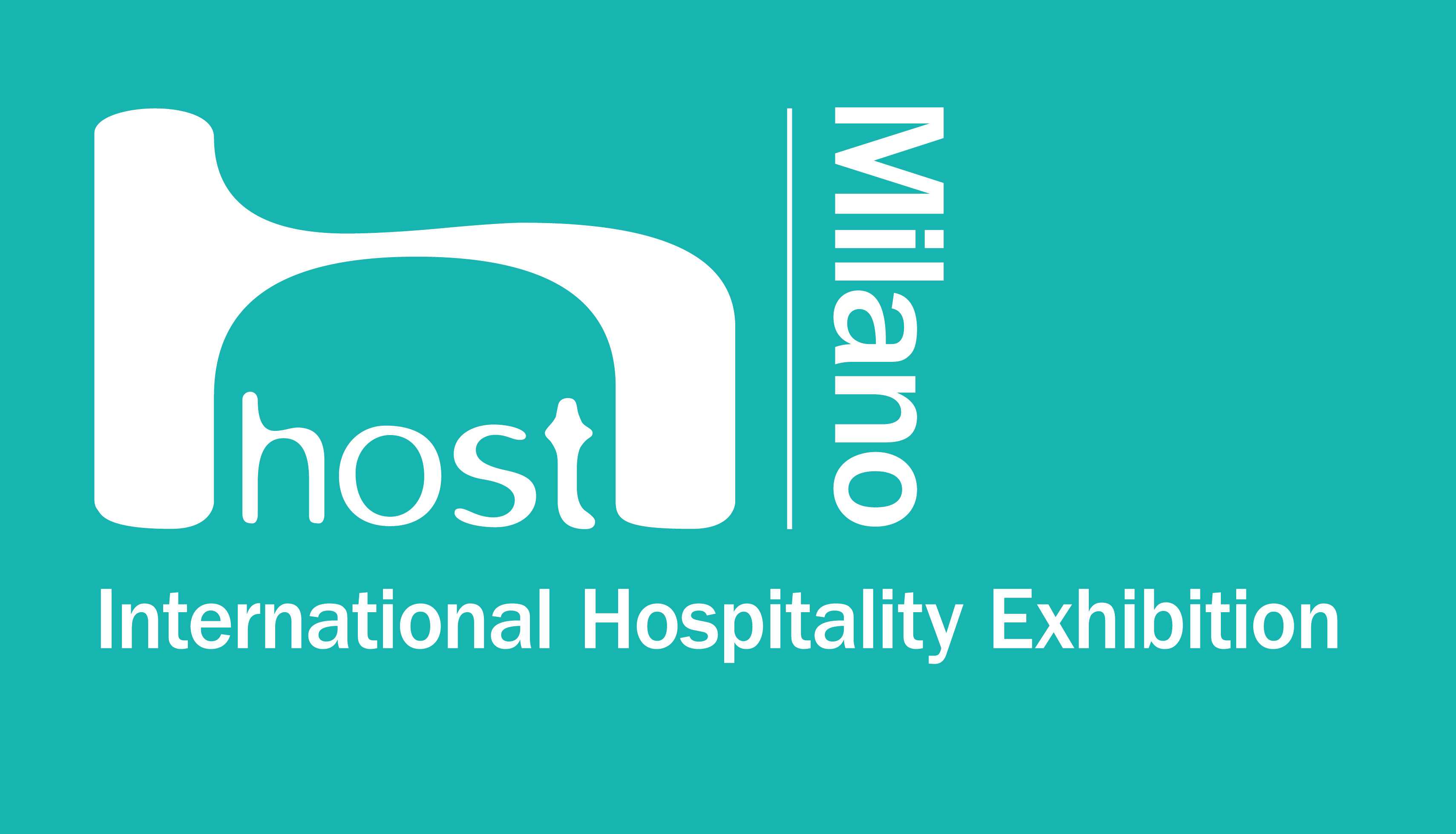MILAN, Italy – Black or with cream, made in a traditional coffee maker or from cartridges, coffee is always a centrepiece in any Italian’s typical day. And not just Italians.
To stay current on the state of the art of this key segment, the essential event to attend is Host, the International Hospitality Exhibition, which will be held in fieramilano in Rho from Friday October 23 to Tuesday, October 27th 2015.
Of the world trade shows most visited by professionals and gourmands, Host is the international reference point for coffee – espresso and more – and all that surrounds it with SIC – the International Coffee Event. It includes every area, from the raw materials to new formats, technologies and furniture, right down to training and friendly competitions between the most talented baristas in the world.
To interpret these new trends, the spaces of Host 2015 will play host to the biggest names in the sector from around the world.
As regards coffee and beans, a few of the outstanding companies include Althaus Tea – Hanseatic Tea Export Gmbh, Barbera 1870, Café Novell, Caffè Cagliari, Caffè Carraro, Caffè Molinari, Caffè Moreno, Caffè Vergnano, Cosmai Coffee Group, Costadoro, Covim, Elio Romagnoli Romcaffè, Esse Caffè, Goppion Caffè, Gruppo Izzo, Hausbrandt Trieste 1892, Illycaffè, Italcaffè, Kimbo, Lucaffè, Milano Snack, Misclea d’Oro, Moka Sir’s, Olibar, Oro Caffè, Pitti Caffè, Portioli, Rio’s, Seng Corporation, Trismoka, Univerciok, and Zicaffè.
Among coffee maker manufacturers, highlights are Gruppo Cimbali, with more than 100 years experience in the business, 50 active patents and 23 filed in the last three years; Nuova Simonelli, which has been making espresso coffee machines since 1936 for export around the world, with a vast range of products and solutions awarded with recognitions such as the World Barista Championship and the Compasso d’Oro for innovative design; Rancilio Group, which earmarks as much as 6.5% of its revenue to research and development; Sanremo, with a line of professional quality machines, along with innovations in vending machines known for their superior reliability; and Wega, which uses separate heaters for each individual unit and a brewing memorisation system that achieves certified energy savings of 47.6% in standby conditions and 30% when in use.
But how much is this business really worth? According to the numbers crunched by FIPE – the Italian Federation of Bars and Catering – between January and July 2013, imports of green coffee beans reported an increase of 2.07% on the same period of 2012 (with a total of 5,448,417 bags).
Exports of roasted coffee did even better, with an increase of 9.89% compared to 2012 (equal to 1,873,600 bags, equivalent to 112.416 million kilos). In July 2013, exports of roasted beans exceeded the value of green coffee bean imports: 15.19 million kilos exported totalled 106.935 million euro, while the value of 49.293 million kilos imported totalled 105.316 million euro.
In terms of domestic consumption, MarkUp found that in first eight months of 2013, sales of portioned coffee have risen by 20%, driving a sector that otherwise has remained essentially stable or slightly down. Specifically, in the same period, coffee cartridges sold in the FMCG sector amount to 85 million euro (+19.4%) in revenue and MarkUp estimates that this number reached 130 million in 2013 against the 114 million in 2012.
The next appointment with Host 2015 will represent the entire coffee segment, continuing the journey already in progress and which is expected to bring together the most representative exhibitors under a single roof. Also, it will provide superior quality training, including by leveraging the synergies and partnerships with the six months of
Expo Milano 2015 – a Host partner with toward the closure on October 31st – where one of the nine theme “clusters” (areas that unite countries under a single product sector) will be dedicated to coffee.
Among the most significant stops of this training, one standout is the partnership between Host and SCAE, with its courses for baristas, always top of the line, and other initiatives that the Specialty Coffee Association of Europe is setting up especially with Host.
In addition to providing advanced upskilling, the SCAE courses issue diplomas approved by highly regarded associations for skills such as Barista Skills, Green and Sensory, as well as naturally Latte and Espresso. SCAE attendance at Host 2013 attracted hundreds of baristas from around the world to participate in its sponsored courses, baristas from Italy, Austria, UK, Switzerland, Germany, France, Belgium and Spain, as well as interesting new markets such as South Korea, China, Ireland, Qatar, Turkey, Greece, Malaysia and Russia.
At the next Host, spotlights will be shining brightly on coffee, which is experiencing a true revolution. “Classic espresso is still a typically Italian product,” explains Patrick Hoffer, President of the Italian Coffee Committee, “while abroad, it has adapted to different tastes. Simply consider that while black coffee represents 80% of consumption in Italy and cappuccino and latte are only 20%, on the international markets, lattes account for 95% and plain coffee only 5%.”
The success of the large-scale chains is also impacting the Italian formats, in response to the needs of visitors to Italy who want to find in Italy the coffee shops they love at home. But with important differences.
“Our coffee roasteries are doing an excellent job in promoting Italian coffee abroad, by proposing their own formats and by promoting roasted coffee. We are achieving good results in growing economies such as Eastern Europe (especially Russia, Ukraine, and the Asian part of the former USSR), but also in mature markets such as Germany, where, against a slight decrease in coffee as a whole, Italian roasted coffee beans sales have earned higher shares,” concludes Hoffer.

















